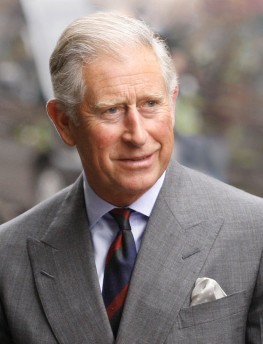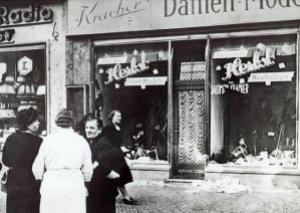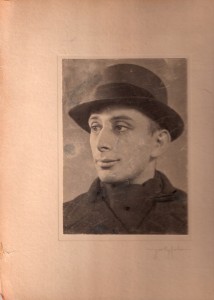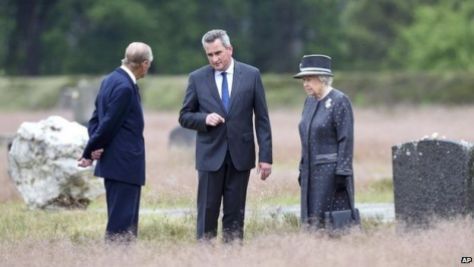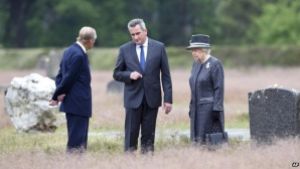Joey Barton’s ‘Holocaust’ comment: Bristol HMD responds
Joey Barton, the manager of Bristol Rovers Football Club and a former professional football player, has caused offense and concern with his post-match analysis comments that compared poor football performance with the Holocaust. When Bristol Rovers lost 3-1 to Newport County on Saturday 23 October, Barton said at a press conference:
“Someone gets in for a game, does well but then has a Holocaust, a nightmare, an absolute disaster.”
All the members of Bristol HMD Steering Group were shocked by Joey Barton’s words, and we were approached by a BBC News journalist to share our response. Part of that response was reported in yesterday’s news article, along with quotes from Dame Helen Hyde, speaker at our 2020 HMD event, and trustee of the National Holocaust Centre and Museum; Karen Pollock, Chief Executive of the Holocaust Education Trust; and local councillor Fabian Breckels.
Here is our statement in full:
‘Bristol Holocaust Memorial Day Steering Group finds Joey Barton’s comments really offensive. To compare the poor performance of a player or team to a Holocaust shows a lack of understanding of the true barbarism, torture and evil that was inflicted on vulnerable groups in society.
This insult is not simply felt by the Jewish community, but other victims of the Holocaust, the systematic and industrial murder by the Nazi regime, including the LGBT+ community, disabled people, Roma gypsies and others. Bristol is home to many members that identify with these groups.
Bristol, as a City of Sanctuary, is also home to refugees and survivors of the genocides in Rwanda, Darfur, Bosnia and Cambodia. It is a city proud to welcome these survivors and help them rebuild their lives. It has become home to many families of those that survived indiscriminate slaughter and had to live with the trauma and impact of genocide.
As one of two professional football clubs that represent the city, it is saddening that neither the football club or the manager Joey Barton has issued an unequivocal apology.
Whilst we commiserate with the result and Bristol Rovers’ fall down the football league in recent seasons, there is no excuse for dismissing the horror and destruction of the murder of 6,000,000 souls.
We hope the Football Club contacts the Holocaust Memorial Day Trust and ask for education on this matter to fully understand the hurt caused to so many communities in Bristol and beyond, many of whom are Bristol Rovers fans too.’
It should be noted that, as yet, neither Joey Barton nor Bristol Rovers Football Club has apologised for the misuse of the word ‘Holocaust’, and the Football Association will not impose any sanctions on the club for this incident.






 The question I often ask, and it has been asked before is: “Lord, where were you when your children were suffering?” The only answer I receive is that God was there suffering with them.
The question I often ask, and it has been asked before is: “Lord, where were you when your children were suffering?” The only answer I receive is that God was there suffering with them.